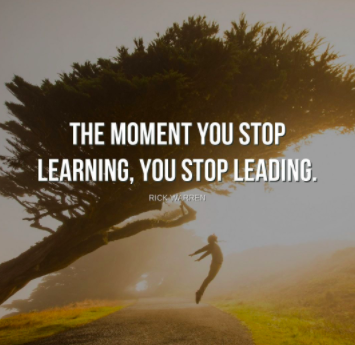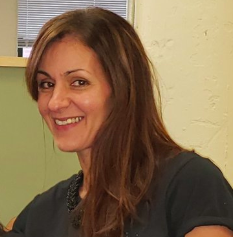It’s hard to believe that the CLEE and the PRN has been an influence and guide to my professional journey for a full decade. I became a PRN Aspiring Principal in 2010, then a principal, then had the transformative experience of working as a PRN advisor and CLEE team member from 2013-2019. This school year, I returned to the principalship at the East Bay Met School, and have the opportunity to serve as a Mentor Principal in the PRN. Below are a few key reflections on the experience of being a mentor principal.
The PRN Mentorship offers the invaluable gift to engage in praxis. In Pedagogy of the Oppressed, Paulo Freire defines praxis as “reflection and action directed at the structures to be transformed.” He writes:
“For apart from inquiry, apart from the praxis, individuals cannot be truly human. Knowledge emerges only through invention and re-invention, through the restless, impatient, continuing, hopeful inquiry human beings pursue in the world, with the world, and with each other.”
The PRN mentorship provides a space for my Aspiring Principal and me to engage in praxis through cycles of continuous improvement. This discipline—the discipline of examining the current reality, setting direction towards a target for improvement, taking steps to enact that improvement, monitoring progress, and iterating a next improvement plan—shows up formally and informally in our work every day. This discipline has absolutely proven to be the engine of leadership for equity. The work of praxis also engenders a relentless growth mindset, illuminating that all efforts to improve are, at their core, efforts to learn; failures are treasured opportunities for new insights and growth. Praxis and continuous improvement allow us to nurture a culture in which: “We all do everything possible to create a culture in which everyone brings out their strengths, overcomes their internal barriers to change and uses errors and vulnerabilities as prime opportunities for growth.” (from Kegan and Lahey, 2016, Everyone Culture)
The PRN Mentorship reminds me that “Great leaders are not born, they are made.” Having moved from 6 years of learning and growing alongside my colleagues at CLEE back into a principalship has convinced me, now more than ever, that leadership for equity is profoundly complex, and it is a practice we can develop through effort. There are both technical skills and adaptive dispositions and mental models that strengthen our capacity to lead for equity. A few of the high leverage learned skills and dispositions that have proven most critical in my work as a principal and mentor are:
In high stakes or challenging conversations with any stakeholder (student, staff, parent, community partner), my first leadership move should always be. “I hear you saying….Am I hearing you right?” I can’t learn if I don’t listen. I can’t lead if I don’t listen.
The top ten facilitator moves are for real. Don’t try to facilitate adult learning without them.
A great probing question is more valuable than a great suggestion. Probing questions allow others to enact ownership and build self-efficacy.
SLOW down to resist the urge to react, and bring my brain back into a receptive/learning state:
Stop. Breath. Drop my ego.
Look and listen for alternative data and alternative interpretations.
Opportunities: What opportunities exist here?
Who else’s perspective is needed here?
The PRN Mentorship invites me into the truth that “leadership is not a solo act” and that “the work is heroic, but there are no heroes in this work.” At its core, the CLEE leadership practice of ‘building capacity to lead’ is really about how much we believe in other people’s unlimited power. If we truly, unequivocally believe that our colleagues, our students, our families, our communities have extraordinary assets and unlimited power to grow and improve, we will bring them alongside us, shoulder to shoulder as leaders, to stretch together toward a transformed and liberated future that we cannot yet imagine.

Curious? What might your PRN leadership journey look like in the near future?
